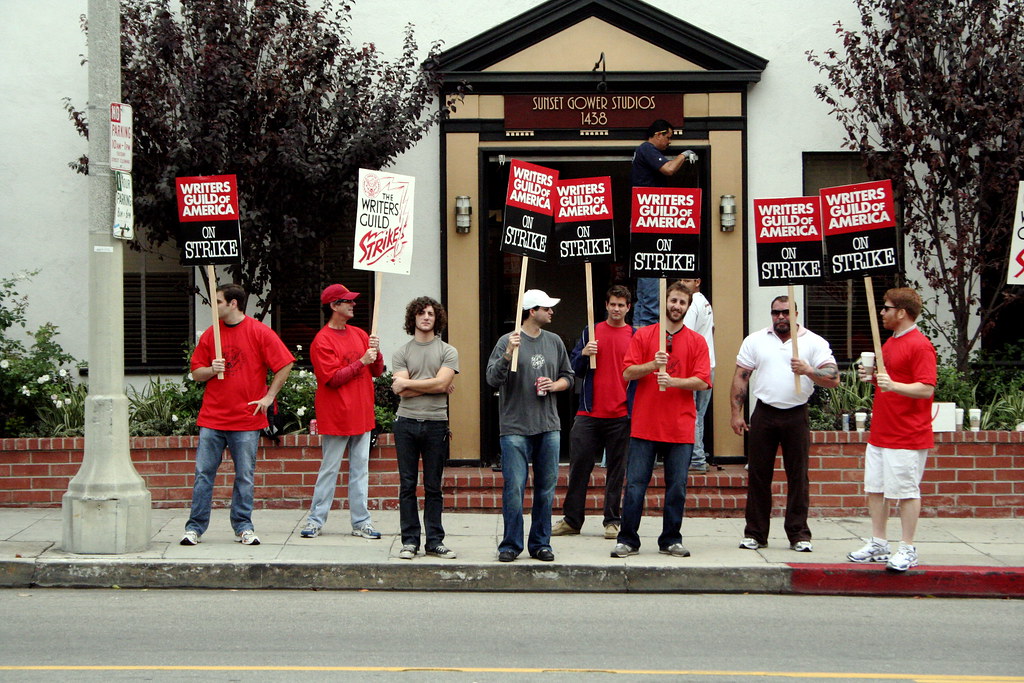This week, the Writers Guild of America (WGA) has finally agreed to end a gruelling five-month strike, which persisted for 146 days. Representing a significant workforce of 11,5000 screenwriters, the WGA has reached a “tentative” deal with the Alliance of Motion Picture and Television Producers (AMPTP) on critical issues encompassing AI, TV staffing, and residual compensations. The strike hit late-night talk and sketch show giants from the get-go, and the likes of Saturday Night Live, The Tonight Show with Jimmy Fallon, and Jimmy Kimmel Live were forced to cease production as early as May. Their broadcasts are set to resume in October, but just what lies ahead for the rest of the industry? Highly anticipated films and TV such as the Avatar sequels, Avengers spin-offs, Euphoria, House of Dragon, The White Lotus, and Stranger Things are but a few of the casualties, with airing dates being set back more than a few months.
However, as the dust begins to settle on this historic strike, we should not yet take deep sighs of relief for the return of our favourite show, for the impact of these strikes is yet to be fully felt— particularly in the UK, where the autumn TV season is upon us. Yet just how much will the British public care? As the masses soon experience first-hand the absence of writers in crafting compelling stories and realise the numerous shows postponed for the upcoming season, will this autumn provoke uproar about the lack of quality TV or simply the lack of it? While writers’ strikes in the past, notably that of 2007-08, have led to a procession of reruns and a surge in reality TV, some critics argue that these strikes won’t usher in any substantial change to our now constant streaming habits: we just want something on our screens at all times, no matter its content.
Has entertainment therefore reached its peak? And will writers be brought back only to continue a growing tradition of quantity over quality? Streaming platforms, critically Netflix and Hulu, seem to perpetually crave ‘more’. Like the beadle of Oliver Twist’s workhouse, streaming executives call for “More!” at an exhausted workforce, and thus there are fewer original shows on our screens as of late—only reboots, reimaginings and spin-offs. This craving is seen in the resurgence of beloved classics like Gilmore Girls, Friends, and The Office— shows that give us mindless pleasure despite their lack of plot (not that I am not guilty myself for indulging in their ‘stream-ability’). Of course, the industry’s inclination to endlessly produce work for its profitability is far from a novel concept, yet one could argue new, successful writing is too far and in between than it ever has been. But hey— if it’s not broken, why fix it?
And so, the strikes call into question if we really are anticipating the future of our favourite characters or just waiting for our addictions to be fed. Nevertheless, the writers’ strikes have thrust the future of film and television into the spotlight, sparking important conversations about the industry’s trajectory. But at least for us consumers, as we wait for the ‘next best thing’, we are content to rewatch the last— over and over again.
“Writers Strike, Sunset Gower Studio, Hollywood, California” by ChristyMacintosh is licensed under CC BY-ND 2.0.

